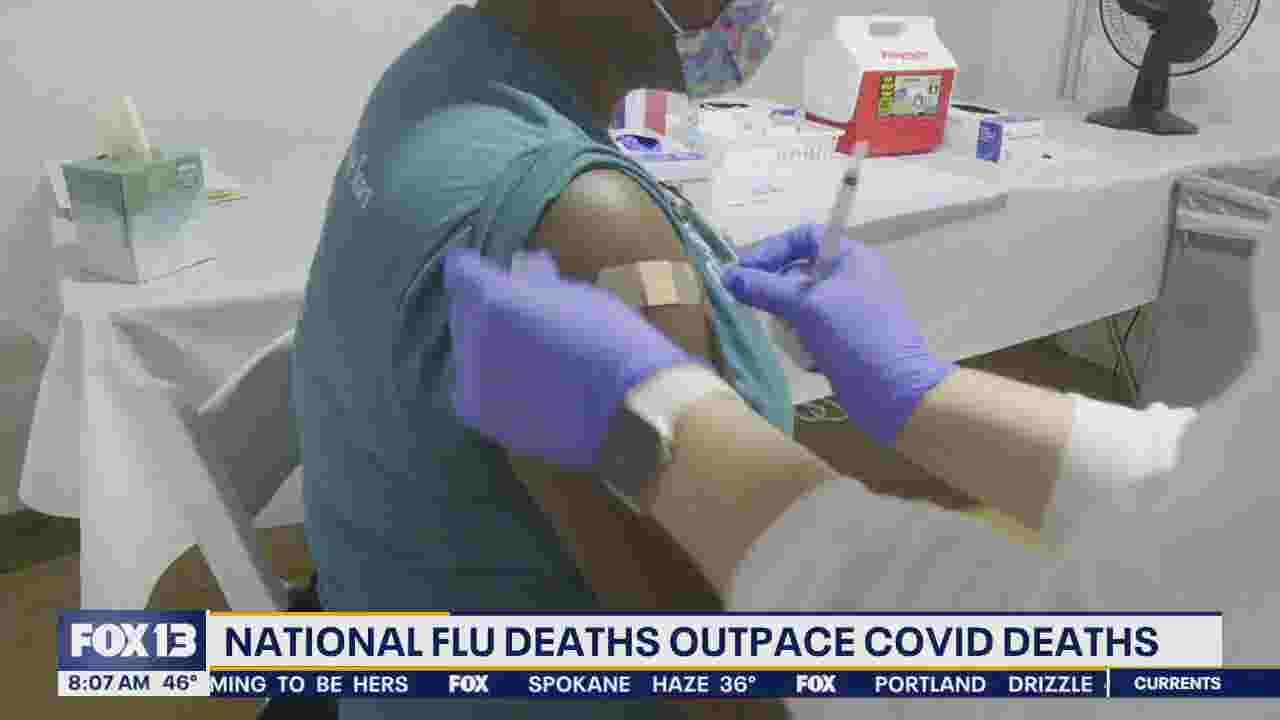A 16 year-old has told of seeing her life flash before her eyes when she learned she was days away from death, due to an ultra-rare brain tumour that was destroying her organs.
Alex Arkell, 16, from Stirling in Scotland, had no classic symptoms of the deadly growth — instead, suffering a bizarre bout of stomach pain and bloating.
In 2021, the schoolgirl booked a GP appointment after becoming concerned about the discomfort in her abdomen.
The doctor performed blood tests and sent her for an ultrasound of her pelvic region a week later, to check for problems with her reproductive organs that are commonly mistaken for stomach issues.
Hospital staff noticed alarming swelling in her ovaries, with each having roughly tripled in size.
Also worrying was a new symptom Alex had developed — her vision in her left eye had become blurry.
Eventually, further scans discovered an extremely rare brain tumour called a follicle-stimulating hormone (FSH) secreting pituitary adenoma, which affects just one in 20 people globally, The Sun reported.
Pituitary adenomas are a type of brain tumour that sit on the pituitary gland — a small gland at the base of the brain that releases hormones that are responsibl fe for controlling growth, reproduction, and metabolism.
Alex Arkell from Stirling, Scotland, first noticed her unusual symptoms in 2021 when she was just 16 while on a family holiday and booked a GP appointment as soon as she arrived home

Following her second GP appointment she was sent straight to the hospital for an ultrasound to get the bottom of what was causing her symptoms and doctors discovered her ovaries had grown by 13 cm
Although these growths are not cancerous, they can still cause serious health problems as they interfere with the secretion of hormones.
For Alex, the tumour caused the overproduction of the hormone FSH — which drives reproduction.
Too much of this hormone can trigger irregular periods and ovarian cysts which, if they become too large, can burst, causing deadly internal bleeding.
Each year around 6,500 people are diagnosed with a benign brain tumour in the UK, according to Cancer Research UK.
Symptoms depend on the size of the tumour and where in the brain it is. In some cases, slow-growing tumours may not cause any symptoms at first.
However, tumours increase the pressure within the skull and can cause persistent headaches, nausea, drowsiness, vision problems and seizures.
The now 19-year-old was told she needed urgent surgery to remove the cysts on her ovaries and if she didn’t go ahead with it, she could die within the week.
‘I’ll never forget the room I was waiting in with my mum, filled up with consultants,’ she said. ‘They told me, we thought you had ovarian cancer but it’s actually a benign brain tumour and we need to operate urgently before you lose your eyesight, and your cysts burst.’

Earlier this year she was taken to Louis Vuitton where she was given her own handbag thanks to charity Rays of Sunshine which aims to brighten the lives of seriously ill children across the UK
However, complications following her surgery saw her struggle to sleep, eat and walk, and required two weeks of recovery in hospital.
She was later diagnosed with PTSD, suffering with panic attacks and flashbacks causing her to miss nearly a whole year of school and was unable to sit her exams.
Devastatingly, just 13 months after the diagnosis, scans showed that her tumour had grown again — and this time it was pressing on her optic nerve.
In February 2023, she had proton beam therapy at The Christie in Manchester — a type of treatment that’s more targeted and less invasive than radiotherapy.
It initially proved successful — until December 2024, when she was told her tumour had returned again, and doctors would have to perform yet another operation to remove it.
Now, about a month post-surgery, Alex seems to be doing well.
‘I’m grieving my old life and coming to terms with living with such a rare pituitary condition,’ she said.
Although this is not the end of her journey with the condition, she is determined to not let her anxiety, or the illness define who she is.
There have been some positive moments for the teenager. Earlier this year she was taken to Louis Vuitton where she was given her own handbag thanks to charity Rays of Sunshine which aims to brighten the lives of seriously ill children across the UK.











